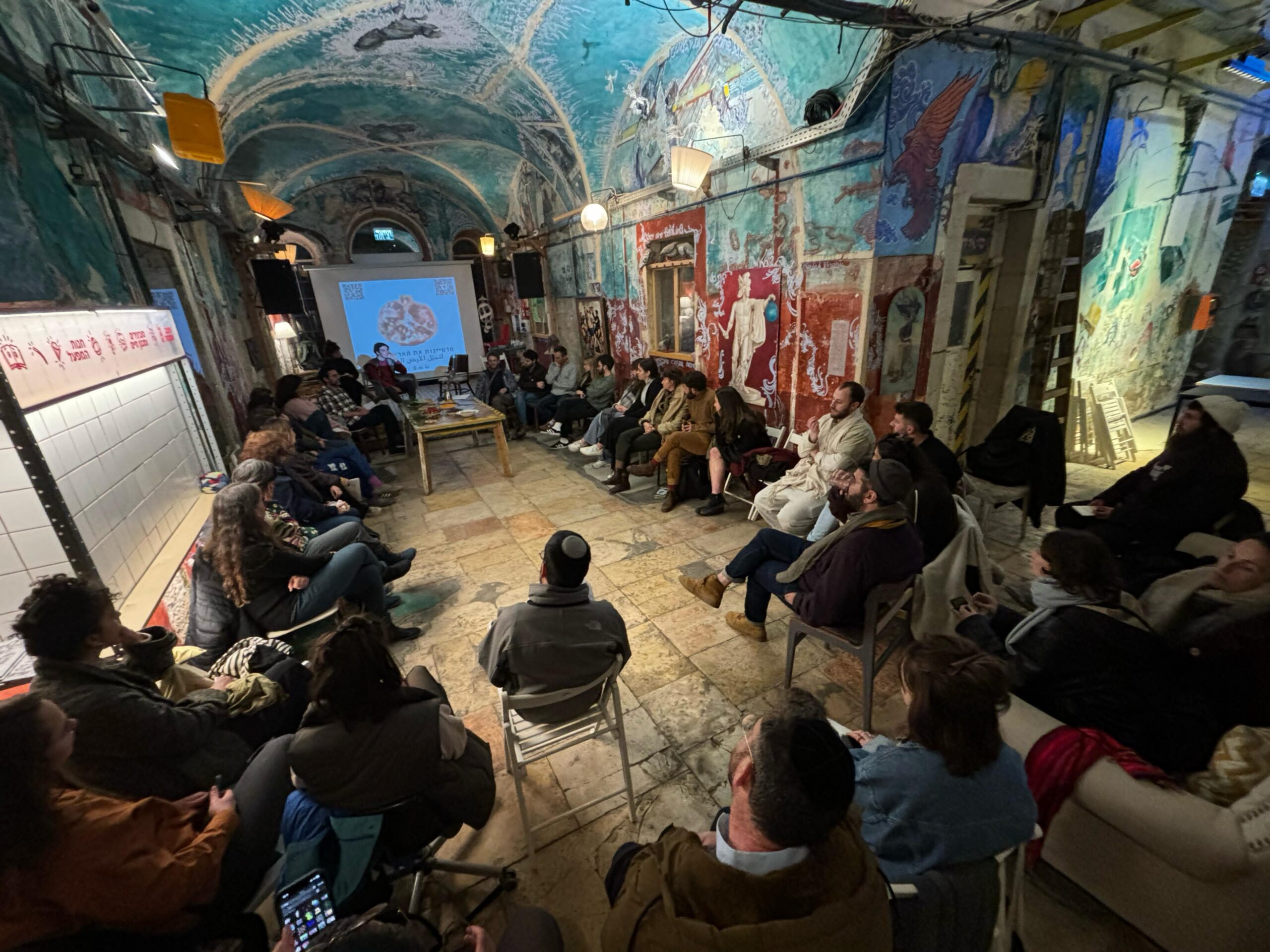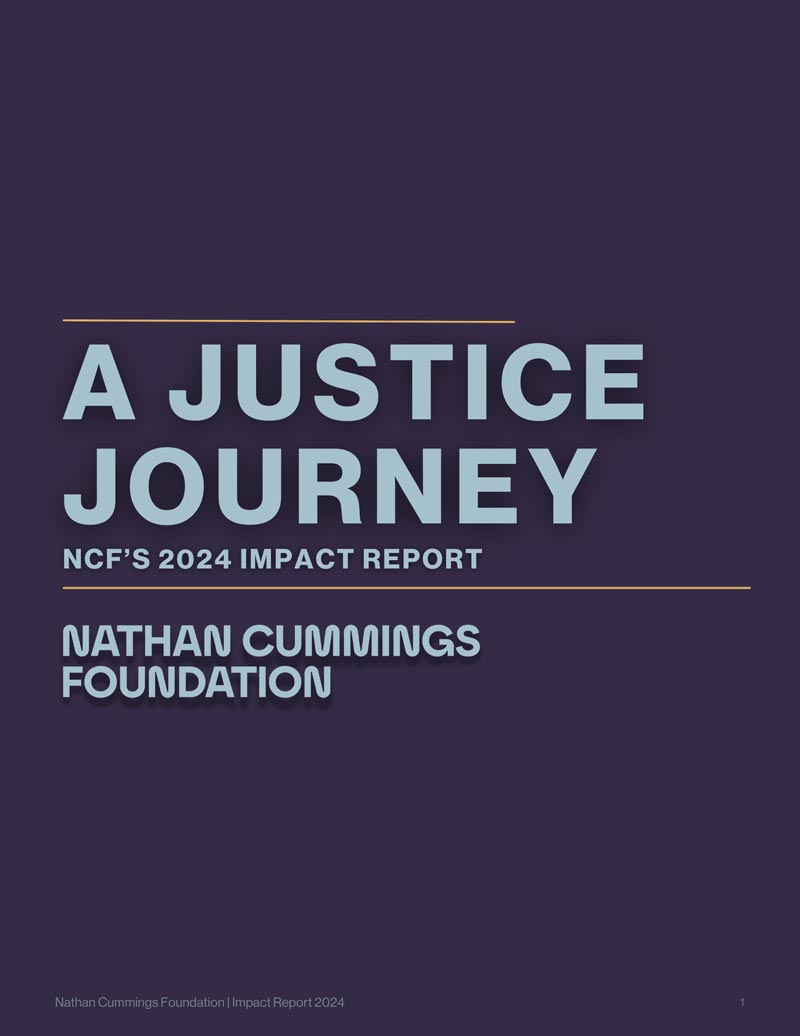In June 2024, Nathan Cummings Foundation’s Board of Trustees approved an updated strategy for our place-based work in Israel-Palestine.
To align this work with our north star of advancing racial, economic, and environmental justice (REEJ), we decided to expand our geographic area to include the Palestinian territories of the West Bank and Gaza, and to use the following pillars to guide our efforts:

